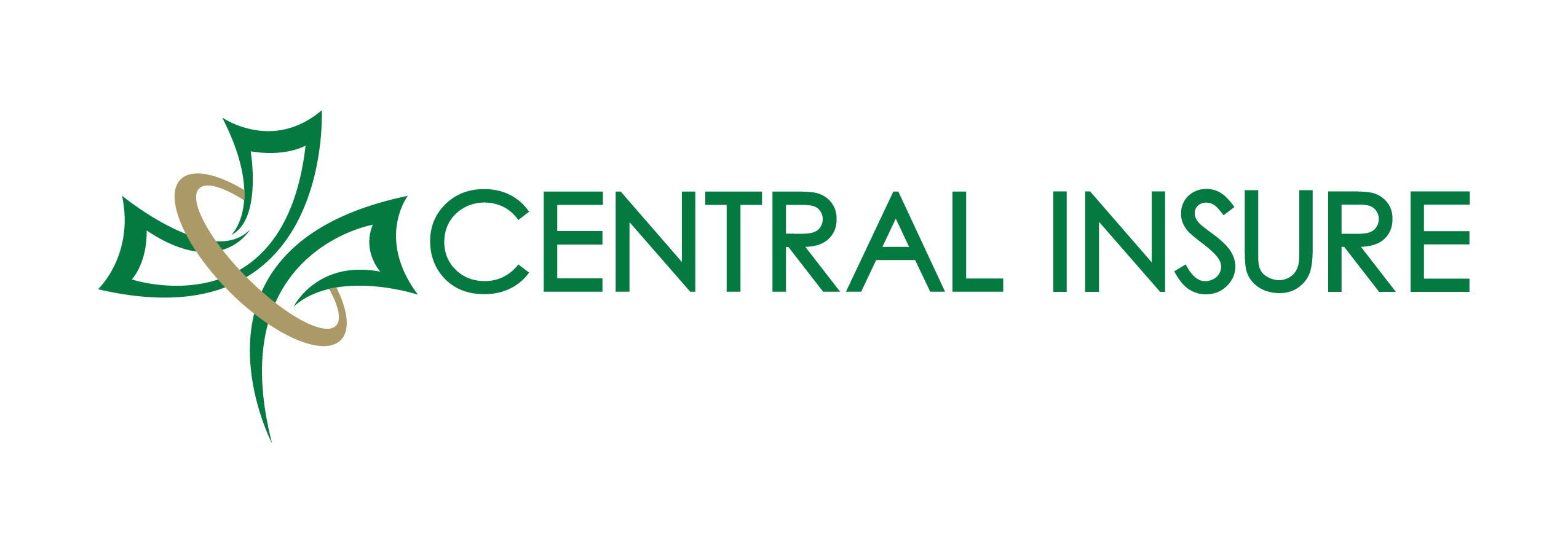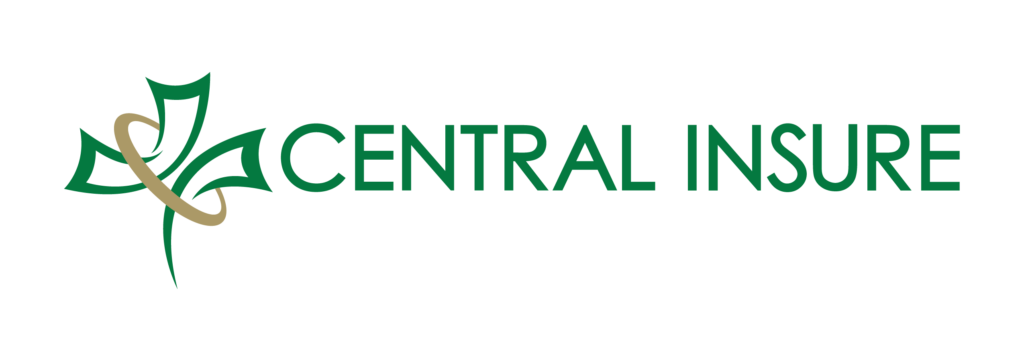BUSINESS SOLUTIONS
Farm & Ag RESOURCES
Terms
Actual Cash Value – The cost to replace an item of property at the time of loss, minus depreciation
Additional Living Expenses – A coverage designed to reimburse the insured for an increase in living expenses when there is a loss to the dwelling
Adjuster – A representative of the insurance company who acts for the company to evaluate losses and settle policyholder claims.
Agent / Producer – An individual appointed by an insurance company to solicit, negotiate, effect, or countersign insurance contracts on its behalf
Aggregate Limit – A type of policy limit found in Liability policies that limits coverage to a specified total amount for all losses occurring within the policy period
Appurtenant Structure – Any building on a piece of real estate, other than the main building. This coverage is often called Other structures or Out Buildings
Arbitration – A legal proceeding where you and the insurance company present information about your claim to a neutral referee, known as an arbitrator
Binder – Temporary authorization of coverage issued prior to the actual insurance policy
Bodily Injury Liability Coverage – Coverage that helps pay for another person’s injuries in a car accident for which you are found at fault
Bond – A security that obligates the issuer to pay interest at specified intervals and to repay the principal amount of the loan at maturity. In insurance, a form of suretyship. Bonds of various types guarantee a payment or a reimbursement for financial losses resulting from dishonesty, failure to perform, and other acts.
Coinsurance – In property insurance, requires the policyholder to carry a certain percentage of the replacement cost of the property in order to have replacement cost coverage and partial losses paid in full
Collision Coverage – Portion of an auto insurance policy that covers the damage to the policyholder’s car from a collision. Typically, there is a collision deductible due by the insured
Comprehensive Coverage – Portion of an auto insurance policy that covers damage to the policyholder’s car not involving a collision with another car (including damage from fire, explosions, earthquakes, floods, and riots), and theft. Typically, there is a comprehensive deductible due by the insured
Declarations Page (Dec Sheet) – A portion of the insurance contract that contains information such as the name and address of the insured, the property insured, its location and description, the policy period, the amount of insurance coverage, applicable premiums, and supplements information
Deductible – Usually, a dollar amount or percentage that the insured must pay on each loss to which the deductible applies. The insurance company pays the remainder of each covered loss up to the policy limits
Depreciation – The decrease in the value of property over a period of time due to use, wear and tear, and obsolescence
Earned Premium – That portion of the premium for which policy protection has already been given during the now-expired portion of the policy term
Effective Date – The date on which an insurance policy or bond goes into effect
Endorsement – A document, agreed to by both parties, that is attached to the policy and modifies or changes the original policy in some way
Exclusion – Causes, conditions, or property listed in the policy that are not covered and for which no benefits are payable
Experience – Record of losses
Exposure – Possibility of loss
Extended Coverage – An endorsement added to an insurance policy, or clause within a policy, that provides additional coverage for risks other than those in a basic policy
Extended Replacement Cost Coverage – Pays a certain amount above the policy limit to replace a damaged home, generally 125 percent or 150 percent. Similar to a guaranteed replacement cost policy, which has no percentage limits. Most homeowner policy limits track inflation in building costs. Guaranteed and extended replacement cost policies are designed to protect the policyholder after a major disaster when the high demand for building contractors and materials can push up the normal cost of reconstruction
Flood Insurance – Coverage for flood damage is available from the federal government under the National Flood Insurance Program, but is sold by licensed insurance agents. Flood coverage is excluded under homeowners policies and many commercial property policies. However, flood damage is covered under the comprehensive portion of an auto insurance policy
Guaranteed Replacement Cost Coverage – Homeowners policy that pays the full cost of replacing or repairing a damaged or destroyed home, even if it is above the policy limit.
Improvements and Betterments – Additions or changes made by an insured to a building that may enhance values and thereby require special insurance consideration
Inflation Guard Clause – A provision added to a homeowners insurance policy that automatically adjusts the coverage limit on the dwelling each time the policy is renewed to reflect current construction costs
Inland Marine Insurance – This broad type of coverage was developed for shipments that do not involve ocean transport. Covers articles in transit by all forms of land and air transportation as well as bridges, tunnels and other means of transportation and communication. Floaters that cover expensive personal items such as fine art and jewelry are included in this category
Insured – The person, group, or organization whose life or property is covered by an insurance policy
Insurer – A person or company that underwrites an insurance risk, and is the party in an insurance contract undertaking to pay compensation
Liability Insurance – Insurance for what the policyholder is legally obligated to pay because of bodily injury or property damage caused to another person
Limits of Liability – The maximum amount of money the insurance company will pay for a particular loss, or for loss during a period of time
Loss – An unpredictable reduction in the quality, quantity, or value of something
Loss of Use – A provision in homeowners and renters insurance policies that reimburses policyholders for any extra living expenses due to having to live elsewhere while their home is being restored following a disaster
Medical Payments – Coverage that is part of an auto policy that helps pay you or your passengers’ medical expenses if you’re injured in a car accident, regardless of who caused the accident. Sometimes called Med Pay
Mysterious Disappearance – Vanishing of property with no known explanation
Negligence – Failure to use that degree of care that an ordinary person of reasonable prudence would use under the same given circumstances
Notice of Loss – A written notice required by insurance companies immediately after an accident or other loss. Part of the standard provisions defining a policyholder’s responsibilities after a loss
Peril – A specific risk or cause of loss covered by an insurance policy, such as a fire, windstorm, flood, or theft. A named-peril policy covers the policyholder only for the risks named in the policy in contrast to an all-risk policy, which covers all causes of loss except those specifically excluded.
Personal Injury Coverage – Liability coverage for damages that are other than physical, such as libel, slander, false arrest, wrongful eviction, invasion of privacy, etc.
Personal Injury Protection Coverage / PIP – Portion of an auto insurance policy that covers the treatment of injuries to the driver and passengers of the policyholder’s car
Personal Lines – Insurance coverages intended to protect individuals and their families
Physical Damage – In auto insurance, damage or loss to the insured’s own autos or autos in the insured’s care, custody, or control
Policy – A written contract for insurance between an insurance company and policyholder stating details of coverage
Premium – The price of an insurance policy, typically charged annually or semiannually.
Property Damage – A type of loss covered under many Liability contracts. Includes the insured’s liability for damage to property of others or loss of use of other’s property
Replacement Cost – The cost of replacing property without deduction for depreciation, but limited by the maximum dollar amount shown on the declaration page of the policy
Salvage – Damaged property taken over by an insurance company to reduce its loss. The company may dispose of salve property as it wishes, but on request and proper reimbursement, may return it to the insured
Schedule – A list of individual items or groups of items that are covered under one policy or a listing of specific benefits, charges, credits, assets, or other defined items
Subrogation – The legal process by which an insurance company, after paying a loss, seeks to recover the amount of the loss from another party who is legally liable for it
Total Loss – The condition of an automobile or other property when damage is so extensive that repair costs would exceed the value of the vehicle or property
Umbrella Liability Policy – Provides coverage for an insured’s liability over and above liability covered by underlying contract or retention limits
Uninsured Motorists Coverage – Portion of an auto insurance policy that provides additional coverage if the insured is involved in a not at fault accident and the at fault parties limits of liability aren’t high enough to cover the insured medical bills
Underwriting – Examining, accepting, or rejecting insurance risks and classifying the ones that are accepted, in order to charge appropriate premiums for them
Uninsured Motorists Coverage – Portion of an auto insurance policy that provides additional coverage if the insured is involved in a not at fault accident and the at fault party doesn’t have auto insurance. This coverage will cover medical expenses only
Vacancy – The absence of people and personal property from a building, not expected to return
Vandalism – The malicious and often random destruction or spoilage of another person’s property



